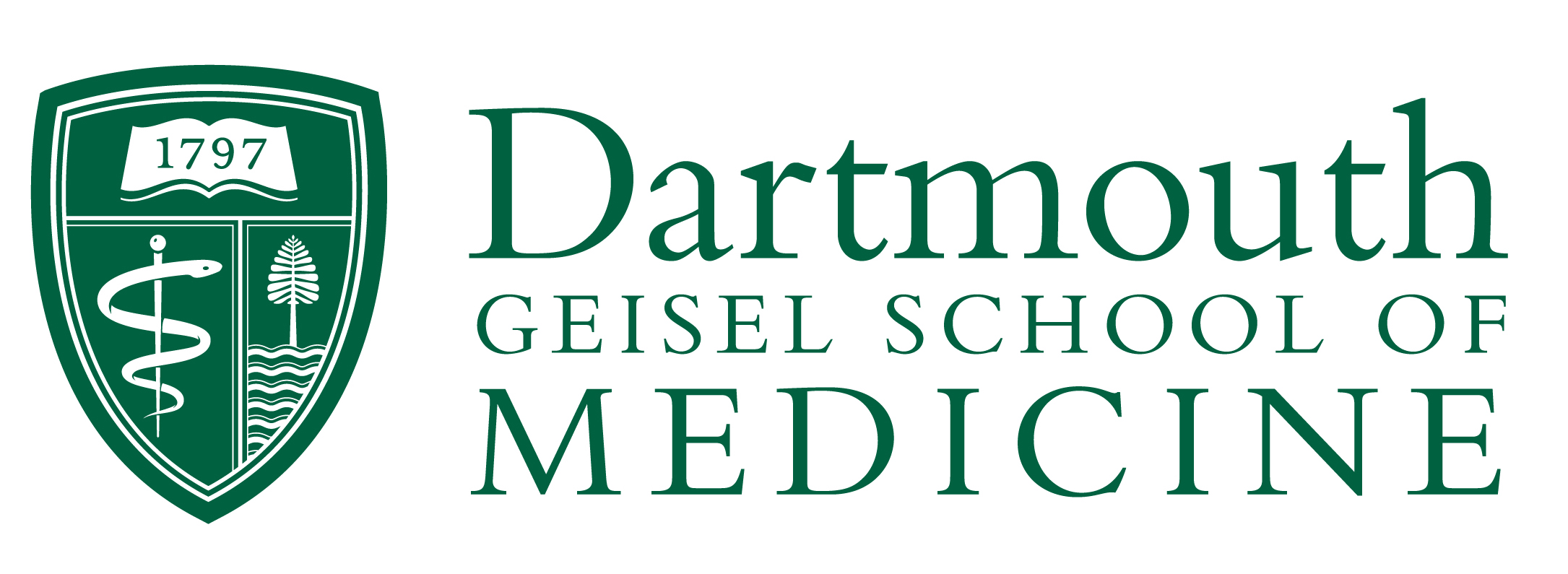
Andres Jimenez MED ’04, MSEd, MBA, MS, waited for a call that never came. Early in the pandemic, he’d joined a New York registry of 90,000 medical professionals offering to volunteer their services, but only a tiny percentage were ever contacted. Meanwhile, residents of places such as the Corona neighborhood in Queens, where Jimenez and his wife have strong family ties, were falling ill and dying from COVID-19 in huge numbers. Witnessing the virus’s disproportionate toll on Black and brown communities, Jimenez grew impatient waiting to help.
So he created a new outlet for medical volunteers: designated.health. “There needed to be a way to connect these patients online with this army of medical volunteers on standby wanting to do something,” says Jimenez.
A digital health entrepreneur, Jimenez collaborated with classmates from Cornell, where he earned an MBA and a Master’s in Healthcare Leadership, in building designated.health, a nonprofit virtual free clinic. This new venture focuses on improving access to care for the uninsured “worried well” at low risk for severe COVID-19, reducing comorbid metabolic conditions like obesity and pre-diabetes associated with COVID-19 hospitalizations and death, and advocating for communities that don’t have strong pipelines of their own members entering healthcare professions.
The name is a nod to the concept of the designated driver; in the context of ongoing race-based health disparities, in which certain populations are being left behind, “It felt like our responsibility to get everyone ‘home’ safe,” Jimenez explains.
“When we launched in 2020 offering free COVID virtual visits, I was the only doctor, staffing visits in my spare time,” Jimenez says. Today, the clinic is in the final stages of registration with the Health Resources and Services Administration (HRSA), which will allow an unlimited number of volunteer clinicians to join designated.health. For its support of adults with pre-diabetes—who are at higher risk for more severe COVID-19 outcomes—the organization earned early recognition from the Centers for Disease Control and Prevention (CDC) as a National Diabetes Prevention Program. This summer, designated.health is offering its first English and Spanish diabetes prevention classes in Atlanta and New York City. And Jimenez has met with leaders of historically Black colleges and universities, along with the public health department of Liberia, on ways to provide support on an even broader scale.
Connecting Computers and Medicine
Jimenez, who was told by a high school guidance counselor that he wasn’t smart enough to become a physician, first combined computers and medicine while a medical student at Dartmouth. Frustrated that all anatomy students had to share one set of X-rays, he and a classmate scanned the entire set. He programmed an interface to put those files on CDs, rendering them accessible to every student. During medical school, Jimenez also founded an online premed program in the Bronx that has mentored hundreds of underprivileged high school students. That program is now part of designated.health’s pipeline to develop more physicians from the communities hit hardest by COVID-19.
In 2009, he founded ImplementHIT, a virtual training platform designed to deliver personalized insights and training to help physicians focus on the areas of their practice most important to them and their patients. Over the past 12 years, the software has been used in more than 1,000 hospitals and clinics and Jimenez has led the design and development of behavior change initiatives impacting over one-third of all U.S. physicians. Jimenez is hopeful designated.health will enjoy comparable success, connecting with communities that have historically turned a skeptical eye toward medicine.
“There’s a lot we can do using data and technology and behavior to prevent disease,” he says. “And to use these innovations to connect with the underserved.”
Written by Sarah Zobel




